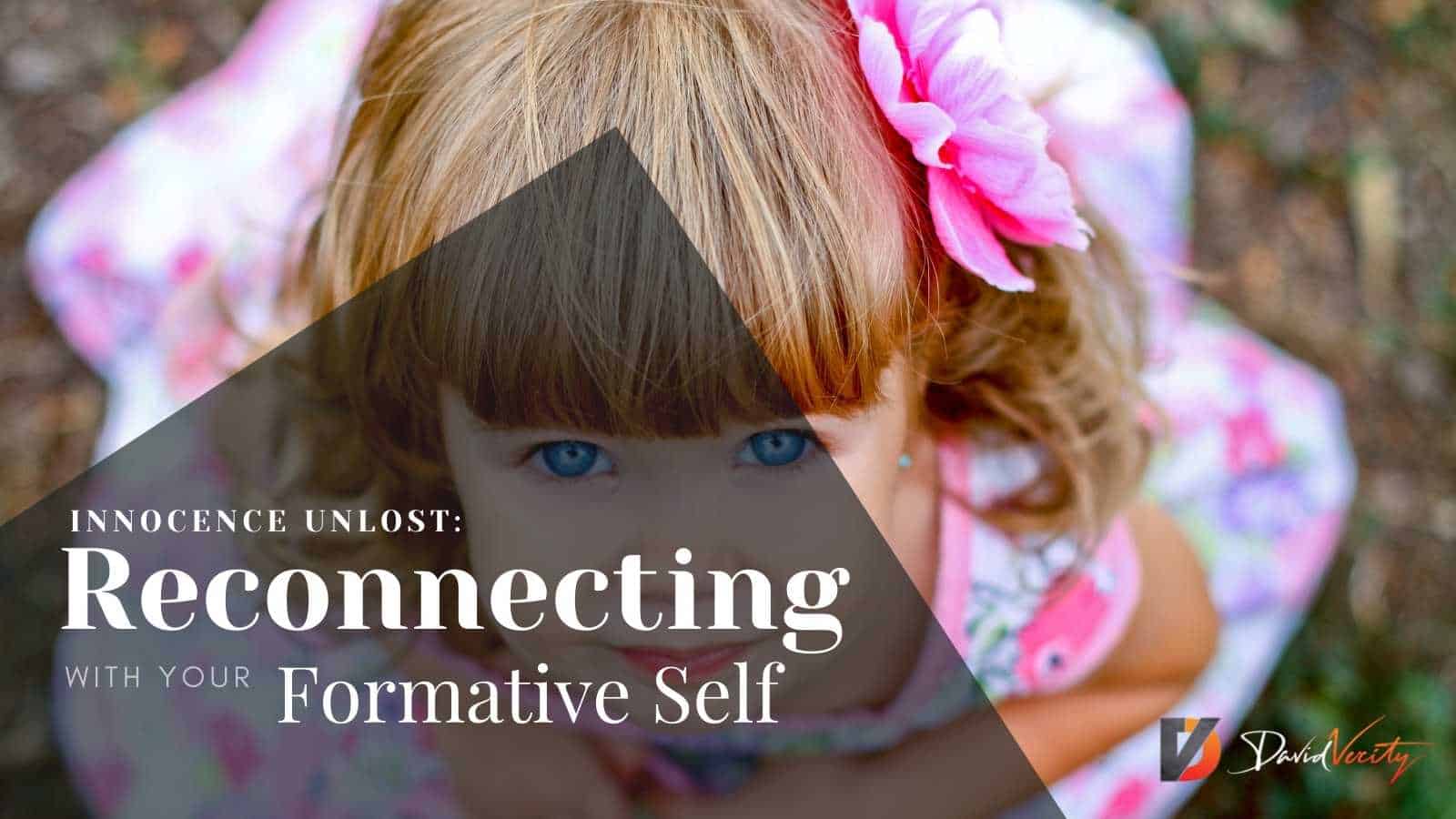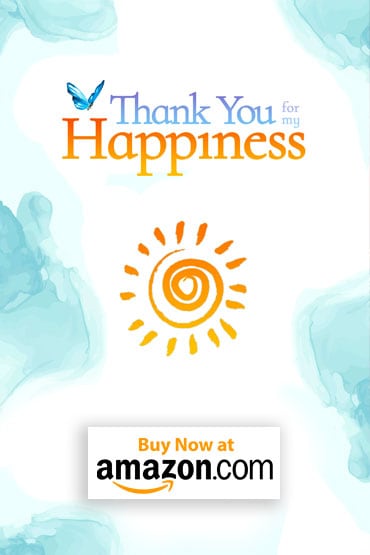
Do you remember being 5? How did you view the world then, versus how you view it now? If you’re like most of us, the answer is probably quite a lot differently. But is that necessarily a good thing?
A man or woman’s coming of age is something that is usually very much celebrated within oneself. We think, “Oh my God, I’m so happy I’m an adult! I can do what I want, and…” — it all tends to be met with so much joy. But when ends up inevitably happening isn’t always so glorious. We find that we have bills. We have responsibilities. We have jobs. And in the end of it all, we tend to lose a very important part of who we are. Our formative self.
Those who know me well know that I love to always embrace my former self. I love to embrace the fact that, when you really think about it, we don’t ever lose who we once were. Growing up isn’t growing OUT.
We don’t ever grow out of being 5…we grow up, as in vertical layers. Meaning that when we turn 6, we don’t stop being the boy or girl we were at 5, we just take all that we were at 5 and bring it with us into 6, adding on top of it one more year of life and experience. We don’t suddenly stop enjoying ice cream or swings or birthday parties… but maybe not we enjoy them with a bit more maturity.
In Breakpoint and Beyond: Mastering the Future Today, George Land lead a study that chronicled the Creativity of children over the course of their lives. When tested at kindergarten level, 98 percent of the study subjects scored at a genius level in divergent thinking.
When they were ten, only 32 percent of the same group scored as high, and by the age of fifteen, only 10 percent made the cut. When 200,000 adults were given the same test, only two percent tested at the genius level.
So what happens to this wonder, and creativity we have when we’re children. Where did it go, if 98% of us have it at birth? The truth, Land found, was that creativity is something that gets Un-Learned as we grow up.
Innocence is never “lost” – it’s just set aside for other states of being. The problem is we’ve been told we are supposed to take on new, more “important” states of mind. The fact that innocence is something that never leaves is hard for many to grasp, as can be evidenced by the number of women who feel a disconnect with it. It’s as if innocence in adulthood is some foreign or outlandish concept. It seems almost silly to think that they can still feel or be “innocent,” – but in reality, it hasn’t gone anywhere. Innocence is never lost anymore than sadness is “lost.” You probably dropped an ice cream as a toddler. Maybe you cried. You felt that then. Does that mean sadness is now “lost,” since you’re “grown up” now? What about happiness? You had happy moments as a child, and you still have them today. Your happiness hasn’t gone anywhere. It’s just waiting to be elicited. The same is true of your innocence, creativity, and wonder.
So quickly we forget that we still are that little boy or little girl. We still have dreams. Have you ever noticed how easy it is for children to dream? To imagine? So see in a forward fashion? “What are you going to be when you grow up,” we ask a child, and they do not hesitate to say “A fireman!”, OR “A princess!”.
Have you lost your ability to dream? Because despite what society indoctrinates – it is not only okay to dream, dreaming and believing is a healthy, and a necessary part of a beautiful life.
But unfortunately we tend to become begrudged with life, and disenchanted. We feel let down so often. We are almost programmed to be set up for failure in terms of our ability to continue dreaming and believing and living our formative selves in a more mature way. That’s the big secret behind living a full life anyway. It is being able to swing on swings, slide on a slide, and live life with abandon when appropriate, and knowing how to be serious and handle business, likewise, when appropriate.
So how can this be achieved? How can we reclaim that zeal for life? One thing that I have found very helpful in this process is just writing down some of the things we enjoyed as children. What did you use to enjoy? Did you like small treats, such as ice cream? Did those little pleasures bring you joy? The truth is, there is much wisdom in this. I once had a yogi tell me a long time ago when I was distraught and searching for answers how to live a happy life, that the answer to my problem was, to, “…go have an ice cream.” What kind of advanced spiritual thought is that, I thought. More of one than I ever even realized. But now I do. And writing down some of these things can be an incredibly powerful way to reconnect with your formative self.
The wisdom was that pleasure comes from these small joys. It doesn’t come from cars, money, jewelry, etc. We always think it does – until it doesn’t anymore. “If I just get that new car, I’ll be happy,” we think. But it never ends up working out that way, does it? We get it, and it’s really cool…until it isn’t anymore. We need to learn to be happy with the simple things like singing a favorite song, having an ice cream, or spending alone time imagining and using our creative faculties. Maybe it’s painting, drawing, making music.
Another way is thinking about the things we were told that help anchor us to the state of childhood. What are some words of wisdom you remember your parents telling you? For me, one thing my mother used to always tell me was, “don’t flirt with danger.” My dad was always telling me, “Cause and effects…” Of course with him it usually meant if I didn’t like the whooping or punishment I got, next time, think about my actions prior. But another memory is of my mother singing to me, “you are my sunshine,” in a funny voice. For me, some of these moments can anchor me back to my happy place as a child and they tend to make me less anxious. For you it may be a neighbor, relative, best friend, TV show, favorite song, etc.
The takeaway, I think, is that we should never stop learning how to enjoy the simple things in life. We should remember back to our state of being when the simple things were enough for us. When we didn’t have angst, or endless responsibilities. And keeping note of some of these anchors by writing them down and reflecting on them can be very transformative. Especially if those things involve activities that we have long forgotten such as sketching or something creative or artistic like that.
What are some things you love to do as a child? Do you have any words of wisdom your parents or maybe other influential people used to tell you? Do they anchor you back to a state of innocence or formative, imaginative thinking? I’d love to hear yours!

